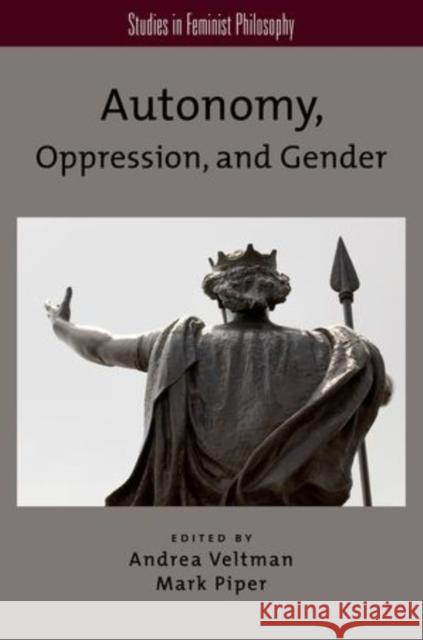Autonomy, Oppression, and Gender » książka
Autonomy, Oppression, and Gender
ISBN-13: 9780199969111 / Angielski / Miękka / 2014 / 376 str.
This collection of new essays examines philosophical issues at the intersection of feminism and autonomy studies. Are autonomy and independence useful goals for women and subordinate persons? Is autonomy possible in contexts of social subordination? Is the pursuit of desires that issue from patriarchal norms consistent with autonomous agency? How do emotions and caring relate to autonomous deliberation? Contributors to this collection answer these questions and others, advancing central debates in autonomy theory by examining basic components, normative commitments, and applications of conceptions of autonomy. Several chapters look at the conditions necessary for autonomous agency and at the role that values and norms -- such as independence, equality, inclusivity, self-respect, care and femininity -- play in feminist theories of autonomy. Whereas some contributing authors focus on dimensions of autonomy that are internal to the mind -- such as deliberative reflection, desires, cares, emotions, self-identities and feelings of self-worth -- several authors address social conditions and practices that support or stifle autonomous agency, often answering questions of practical import. These include such questions as: What type of gender socialization best supports autonomous agency and feminist goals? When does adapting to severely oppressive circumstances, such as those in human trafficking, turn into a loss of autonomy? How are ideals of autonomy affected by capitalism? and How do conceptions of autonomy inform issues in bioethics, such as end-of-life decisions, or rights to bodily self-determination?











